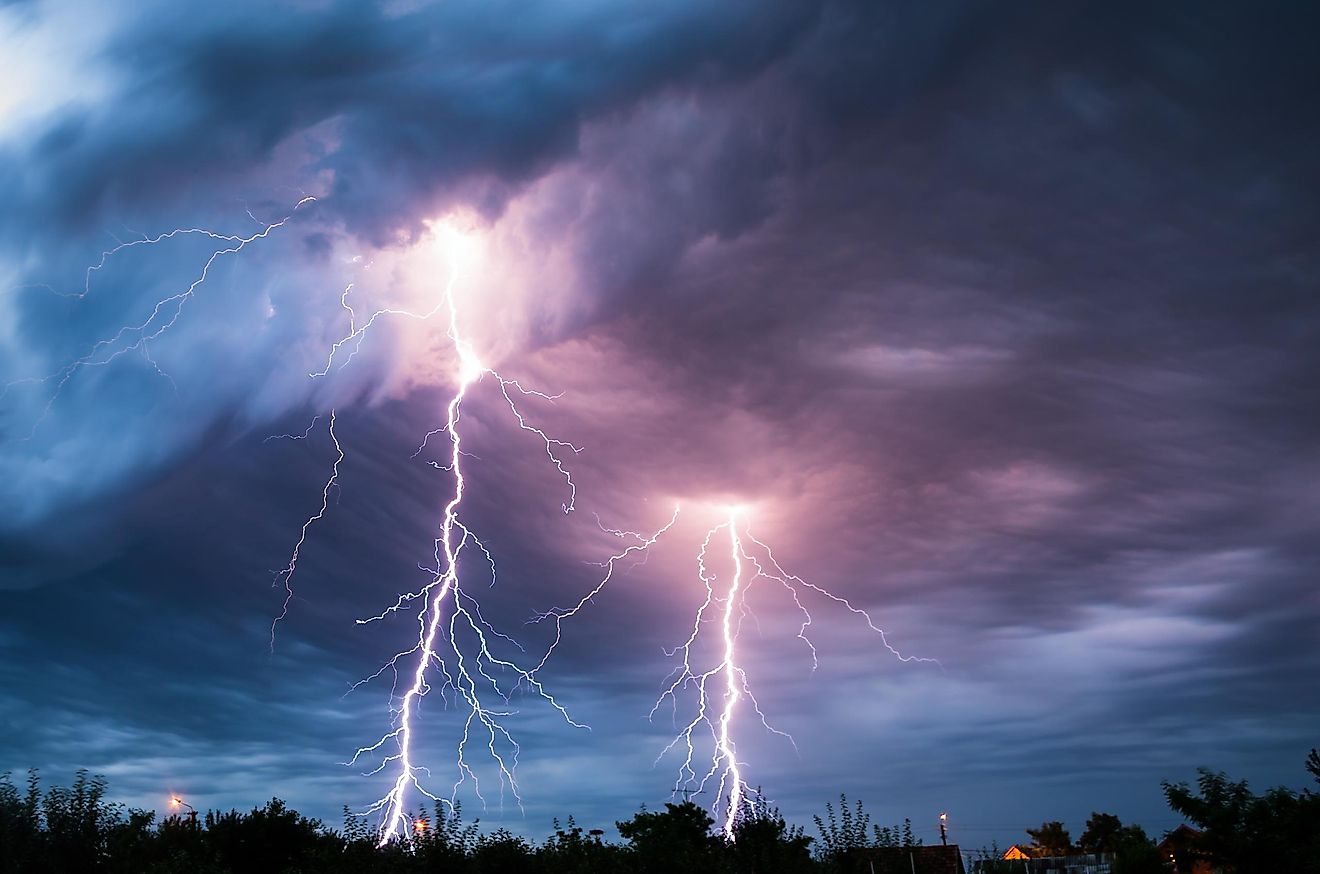What Were The Causes And Effects Of The Great Awakening?

- The term Great Awakening refers to several periods in American Christian history that are characterized by religious revivals and an increase in spiritual interest.
- The intellectual and philosophical movement called the Enlightenment is indirectly responsible for increasing secularism in many communities.
- The First Great Awakening changed the perception of religion in many American colonies, and many of the colonists joined local churches.
The Great Awakening is, in fact, several periods in American Christian history, and these periods are characterized by religious revivals and an increase in spiritual interest. These "Great Awakenings" happened between the 18th and late 20th century and were generally led by Protestant ministers.
They would often travel between towns and talk about the gospel, promoting Christianity and everything it stands for. These movements happened as a response to secular rationalism and the increasing staleness of religion. Many consider these Great Awakenings to be of great importance for many braches of Christian Chruch and American culture.
The First Great Awakening
Enlightenment is considered to be one of the main catalysts for the increase of secularisation in America. Enlightenment was an intellectual movement that dominated much of the world in Europe in the 1700s. Originating from Renaissance humanism, it was a movement centered around the power of reason, the power of science, and it also made religion appear less important.
During these times, religion became less personal and less powerful for many people. It was around the 1720s that preachers started stressing the importance of religion, faith, and holy scripture. Jonathan Edwards, a North American philosopher, and theologian was one of the key figures of the First Great Awakening. His work was rooted in Reformed theology, and for Edwards, humans were sinners, and God was angry (ironically, that is also the name of his sermon "Sinner in the Hands of an Angry God").
He was well accepted due to his religious passion and being an inspiration for many conversions. George Whitefield was another significant evangelist figure. Unlike Edwards, who mainly preached in his home parish, Whitefield traveled to North America, preaching more than 18,000 times, in a very theatrical and controversial manner. He even managed to convince many English colonists to join local churches and help re-invigorate the passion for religion.
What Were The Causes And Effects Of The Great Awakening?
We have already mentioned the most important causes for the beginning of the Great Awakening; there were significantly fewer church attendances throughout the country, many people were also bored and unsatisfied with the way the sermons were conducted, and they criticized the lack of enthusiasm from their preachers.
The Enlightenment also served as an important component due to the celebration of reason, rationality, and empirical methods of discovering the truth. All of these reasons are why Enlightenment was considered a potential threat to the religion and a catalyst for increasing secularism in many communities. When The First Great Awakening happened, it changed the perception of religion in many of the American colonies.
Many people were inspired to make a connection with God by themselves without the help of a preacher or a minister. Many academics also believed that the Great Awakening affected the beginning of the Revolutionary War due to empowering individuals with nationalistic ideologies and individualism. Most of all, it rejuvenated Christianity in America when it was in a religious decline.











